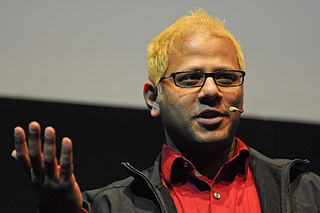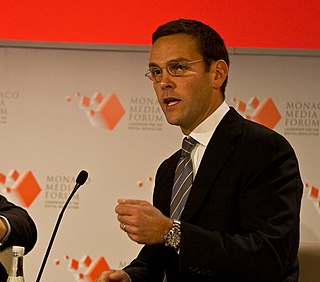A Quote by Larry Wall
Information doesn't want to be free. Information wants to be valuable.
Quote Topics
Related Quotes
On the one hand information wants to be expensive, because it's so valuable. The right information in the right place just changes your life. On the other hand, information wants to be free, because the cost of getting it out is getting lower and lower all the time. So you have these two fighting against each other.
Information wants to be free.' So goes the saying. Stewart Brand, the founder of the Whole Earth Catalog, seems to have said it first.I say that information doesn't deserve to be free.Cybernetic totalists love to think of the stuff as if it were alive and had its own ideas and ambitions. But what if information is inanimate? What if it's even less than inanimate, a mere artifact of human thought? What if only humans are real, and information is not?...Information is alienated experience.
Any information is valuable to the degree that you can use it. In other words, any information is valuable to the degree that you can make it yours. Scientology does not teach you. It only reminds you. For the information was yours in the first place. It is not only the science of life, but it is an account of what you were doing before you forgot what you were doing.


































